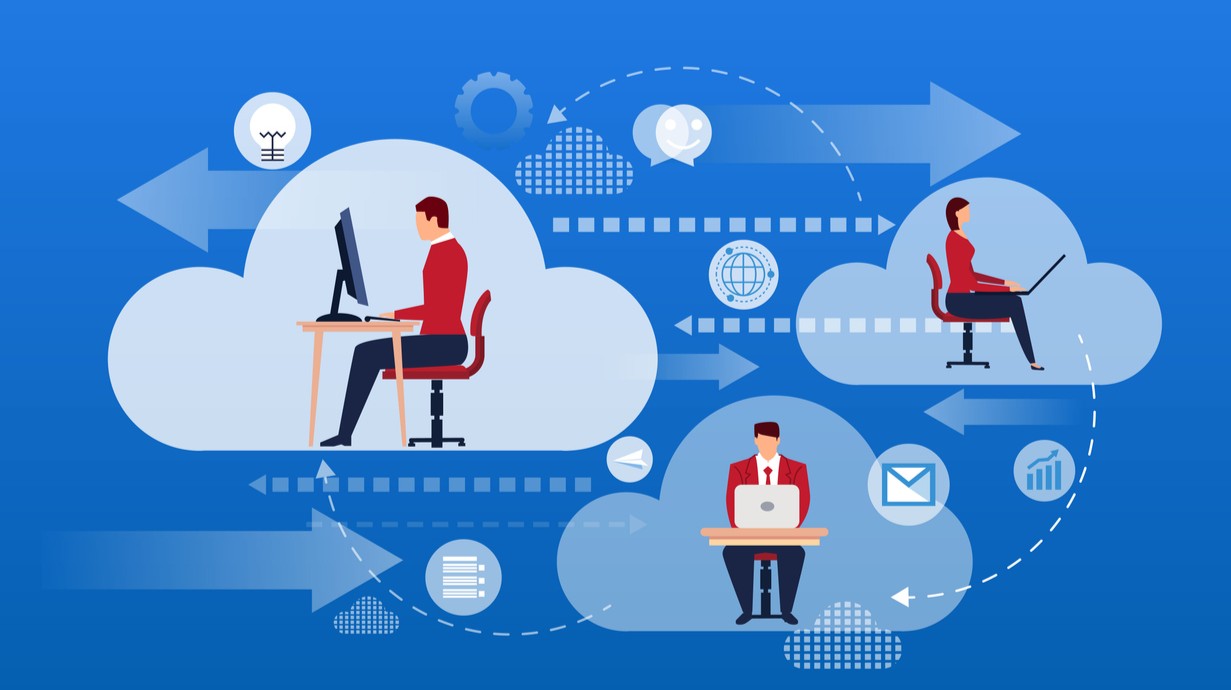AS MSPs, we need to plan for the future and determine now what our competitive advantage will be. After being tested by 2020’s turbulence, the MSPs that survive will be the ones that have something unique to offer beyond technical expertise, are financially stable, and have weathered the ups and downs of the COVID-19 era. That’s why I believe CMIT Solutions of Erie has not only grown this year but is well positioned for the future.
MSPs provide essential services, which COVID-19 shined a light on as we all raced to set up work-from-home environments for clients that were also secure. Since our clients help fuel the economic engines of our service area, it’s important to keep them operating at peak performance. Therefore, MSPs must stay financially sound to support them.
For CMIT Solutions of Erie, that means:
- Tight fiscal practices around cash management and accounts receivable, which includes holding customers to terms
- A master services agreement that requires payment in advance for monthly services
- Advance payment of 50% for hardware/software purchases and custom projects
- A diversified client base both in size and industry, with no one client being more than 10% of our services revenue
Our terms reflect a mutually beneficial relationship. We prove our value to our clients every day, and they know they need us. That was true pre-COVID, and that value became even more apparent once the pandemic and subsequent economic downturn occurred. In fact, while many MSPs had customers asking for reduced rates or longer payment terms, we had clients asking us to invoice them early because they wanted to make sure we got paid.
COVID-19 required us to provide value in a nontraditional way too. For example, we sent clients sample policies and templates for remote workers and tips about working from home. We also sent them security maturity “”score cards”” and raised security issues to discuss when everything became stabilized.
The fears and emotions that are running high with COVID prompted businesses to take some action. For instance, clients asked us to review their cyber-insurance policies, deploy security awareness training for users, and conduct risk assessments.
But action without real organizational change won’t make SMBs safer. Installing tools doesn’t create a culture of security, and smaller businesses are going to be left behind if they don’t have such a culture. This is an opportunity we are focused on.
Our job doesn’t end after deployment. Think how often businesses invest in a technology, deploy it, but don’t use it because the culture didn’t change to support the full integration of the technology. We provide guidance to help SMBs make the required transformational changes to effectively utilize their technology. We are having conversations about how change starts with leadership, which drives adoption. Importantly, there’s an opportunity to derive revenue from that process.
This type of nontechnical expertise will be a differentiator for us. Gone are the days when security was a differentiator; we all have a security stack now. Gone, too, are the days when offering virtual CIO services was a differentiator; it’s now expected. We need to be thinking about the next thing.
We believe more and more businesses will be turning to their MSPs for help with compliance and regulations, which is why we are spending time and effort in getting up to speed with the Cybersecurity Maturity Model Certification (CMMC), a standard aimed at companies doing business with the Department of Defense. We want to play in this market, already have the assessment tool developed, and have recently performed an assessment for another MSP that didn’t have this expertise.
With this transferable knowledge, we’ll be able to market these services to companies in the DoD supply chain and beyond, helping businesses be ready for an audit, providing pre-assessments, drawing up an action plan, and providing a quote on what they’ll need to be compliant.
Thinking bigger about these and other organizational changes, combined with our rigorous fiscal practices, is our embedded competitive advantage for the future.














